The recent loss of an Israeli soldier in a Hamas attack during a ground operation has sent shockwaves across the region. This article aims to delve into the significance of this tragic event, examining the context surrounding the incident, the implications it holds for Israeli-Palestinian relations, and the broader consequences for peace and stability in the region. By analyzing the incident thoroughly, we aim to shed light on its lasting impact.
Understanding the Israeli Soldier’s Death in Context
To comprehend the significance of the Israeli soldier’s death in the Hamas attack, it is crucial to understand the context of the incident:
- Overview of the Attack: The attack occurred during a ground operation conducted by the Israeli Defense Forces (IDF) targeting Hamas militants. The loss of an Israeli soldier highlights the risks faced by military personnel in conflict zones and underscores the complexities of asymmetrical warfare in the Israeli-Palestinian conflict.
- Israeli-Palestinian Conflict: The ongoing Israeli-Palestinian conflict, marked by historical grievances, overlapping territorial claims, and cycles of violence, forms the backdrop against which such incidents occur. The death of an Israeli soldier further exacerbates tensions and deepens divisions between the two sides.
Implications of the Hamas Attack
The Hamas attack and the Israeli soldier’s death have profound implications that extend beyond the immediate incident:
- Escalation of Violence: Tragic events like the loss of an Israeli soldier often contribute to a cycle of retaliation and counterattacks. The attack has the potential to escalate violence, leading to further casualties and destruction, eroding trust, and impeding any progress towards peace.
- Impact on Israeli Security Operations: The loss of an Israeli soldier necessitates a reflection on the effectiveness and safety of ground operations conducted by the IDF. The incident may prompt a reevaluation and adjustments to military strategies employed in combatting Hamas, seeking to minimize future casualties while maintaining security objectives.
- Strengthening Political Narratives: The Hamas attack and the subsequent death of an Israeli soldier can be exploited by political interests on both sides. It can bolster the narrative of Israeli security concerns and the need for defensive measures, while Hamas may utilize it to demonstrate resistance against occupation and rally support.
- Psychological Impact on Society: The loss of an Israeli soldier in a Hamas attack reverberates throughout Israeli society, impacting families, communities, and the wider population. These incidents often generate a sense of collective grief, fueling sentiments of nationalism, resilience, and determination to protect Israeli interests.
Pathways to Peace and Resolution
In the face of tragedy, it becomes imperative to explore avenues for peace and resolution:
- Diplomatic Engagement: Dialogue and negotiations, facilitated by international intermediaries, are crucial in overcoming the cycle of violence. Engaging in meaningful diplomatic efforts allows the involved parties to address the root causes of the conflict, seek compromises, and envision a more stable and peaceful future.
- Strengthening Security Cooperation: To prevent future attacks and casualties, bolstering security cooperation between Israel and Palestine is essential. Enhancing intelligence-sharing mechanisms, joint patrols, and collaborative counterterrorism efforts can undermine extremist elements and build trust between the two sides.
- Addressing Socioeconomic Factors: Resolving the Israeli-Palestinian conflict also requires addressing the socioeconomic factors that contribute to unrest. Improved living conditions, equitable access to resources, and economic opportunities for Palestinians can help alleviate grievances and foster a conducive environment for peace.
Conclusion
The loss of an Israeli soldier in a Hamas attack during a ground operation marks a tragic incident with far-reaching implications. Understanding the context, unraveling the consequences, and exploring pathways to peace and resolution are vital in addressing the complexities of the Israeli-Palestinian conflict. It is through sustained diplomatic engagement, strengthened security cooperation, and socio-economic improvements that the region can strive towards a future of peace, stability, and coexistence.
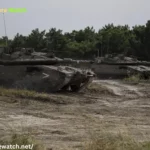

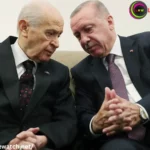
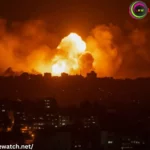

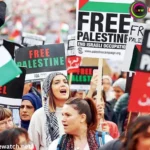




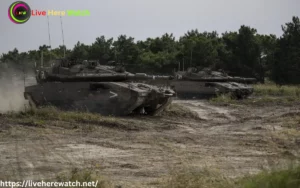

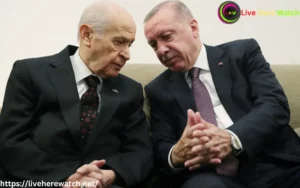
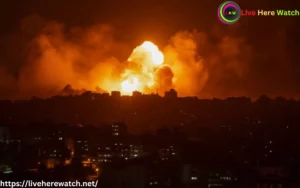

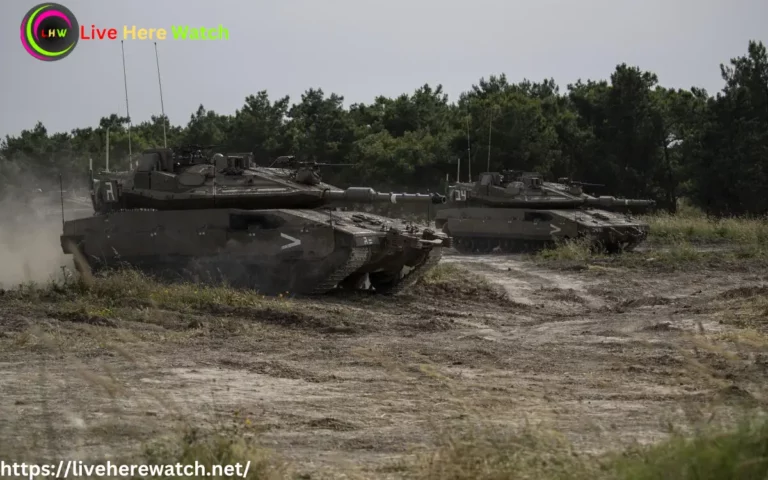

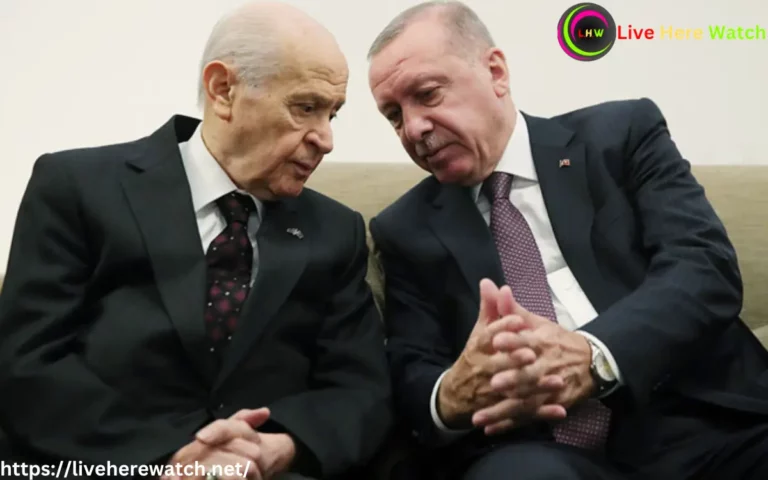
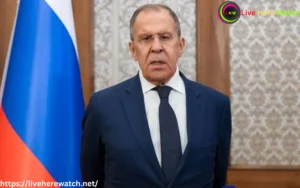

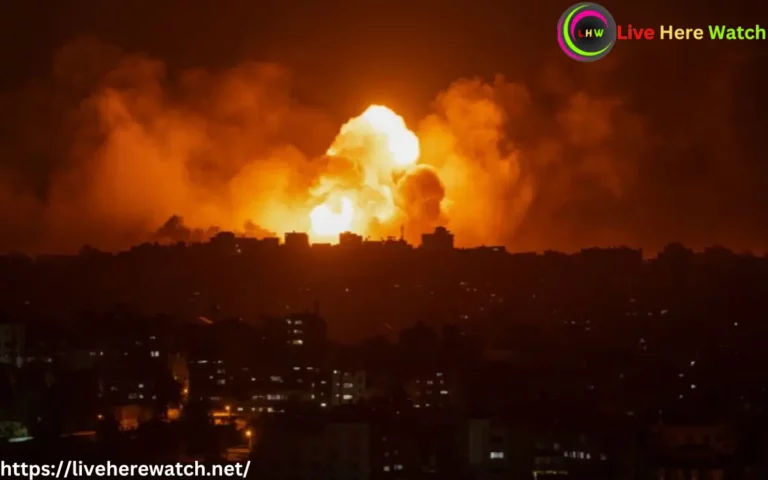
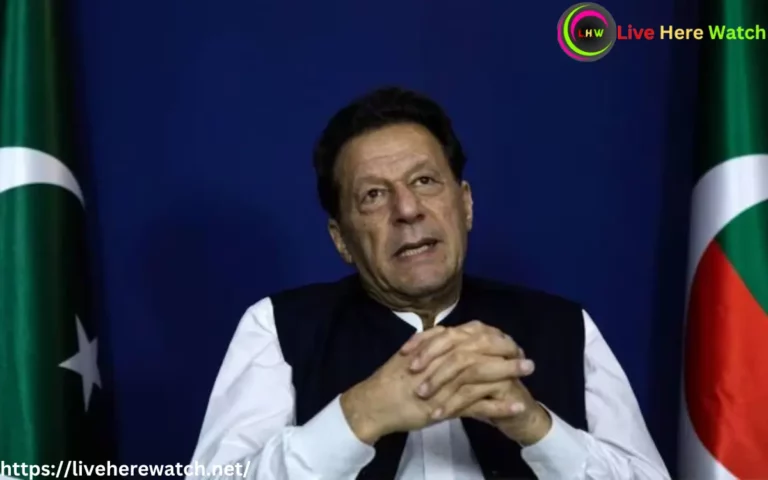
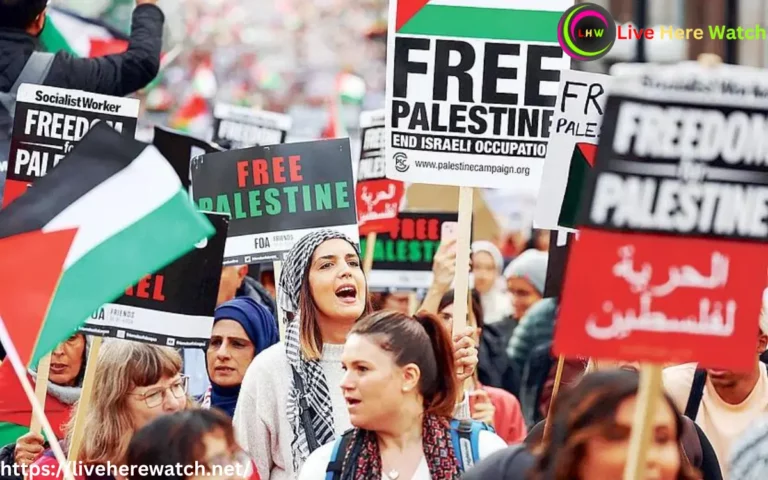
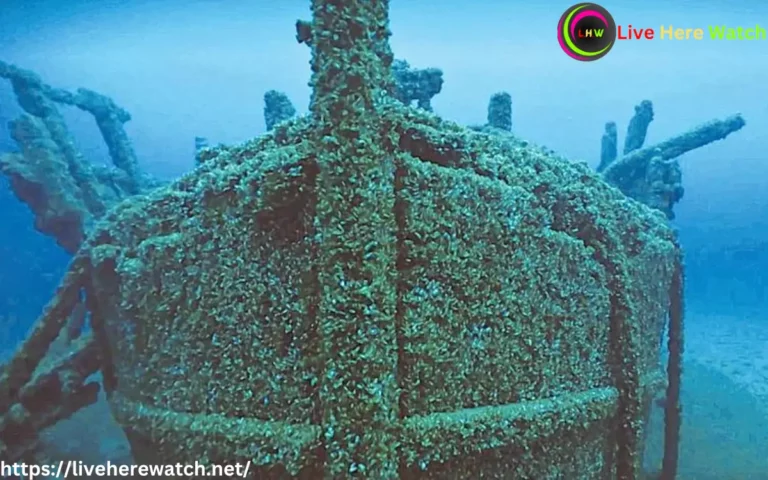
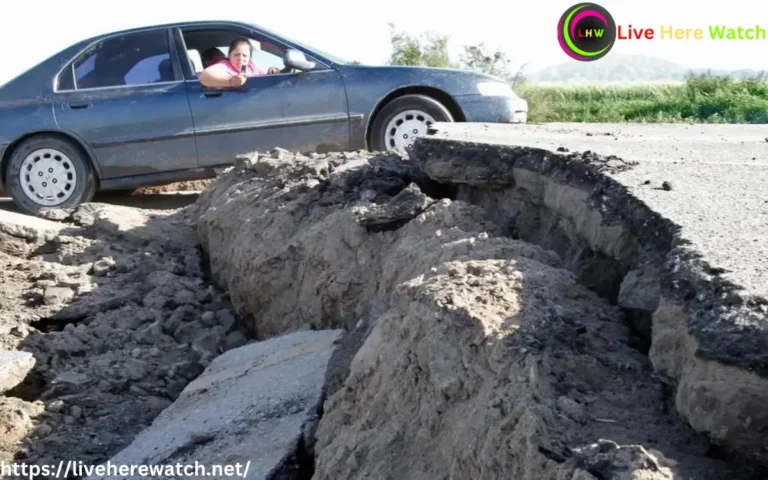
+ There are no comments
Add yours